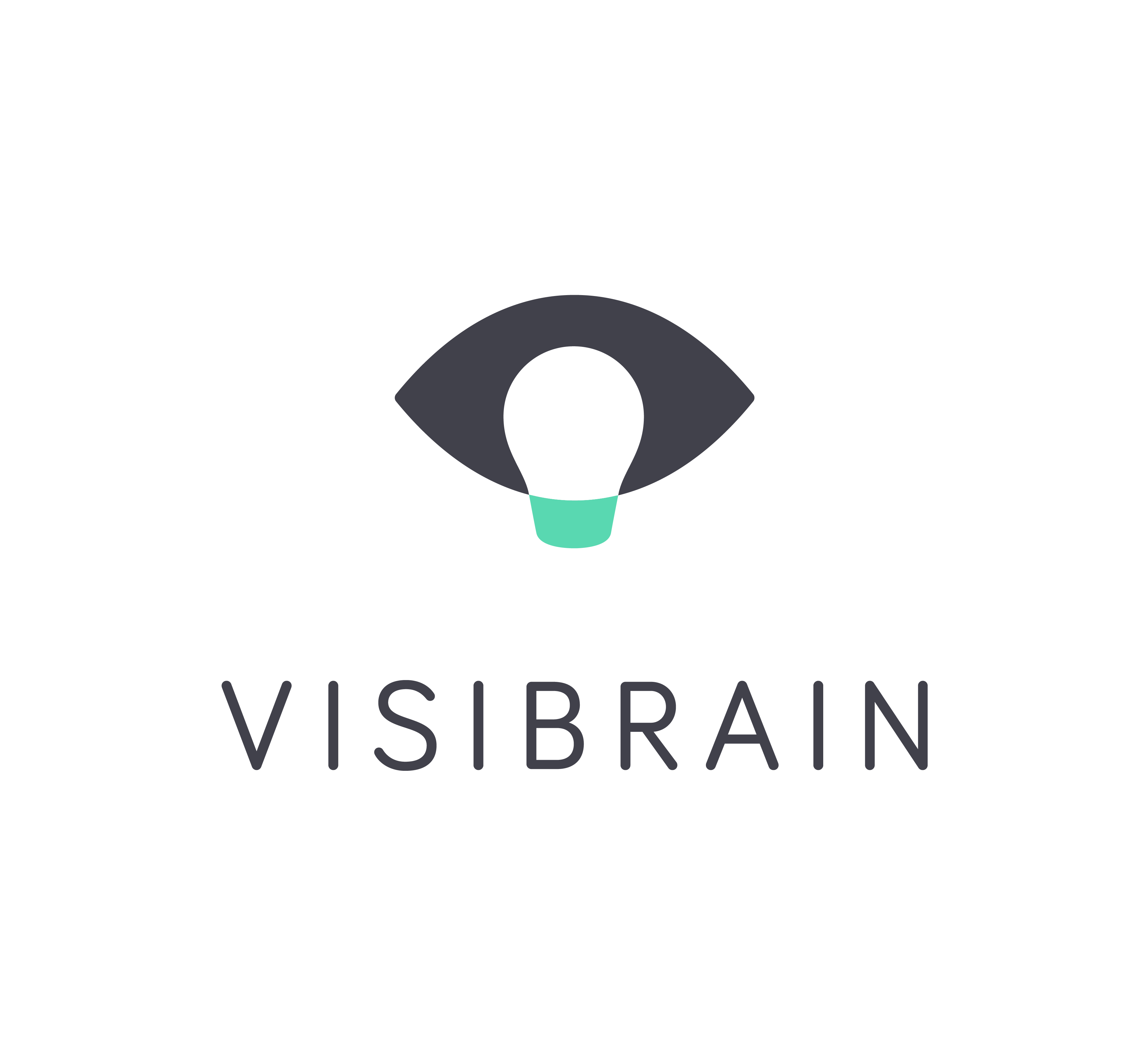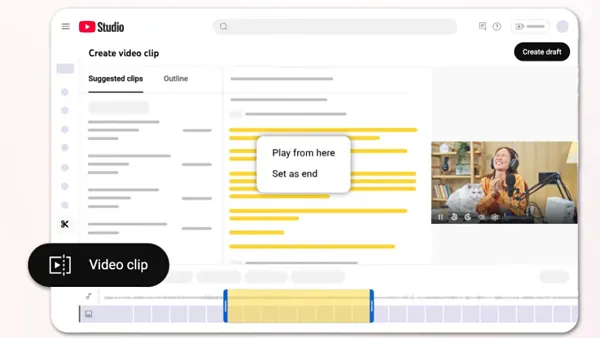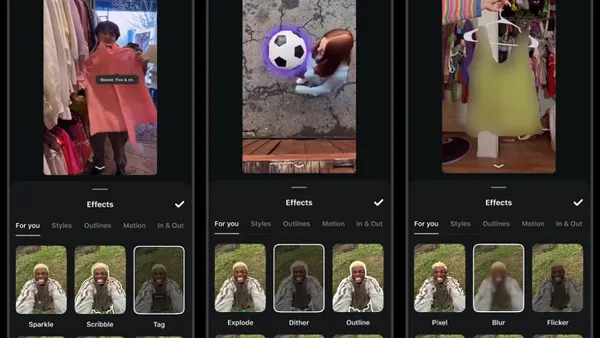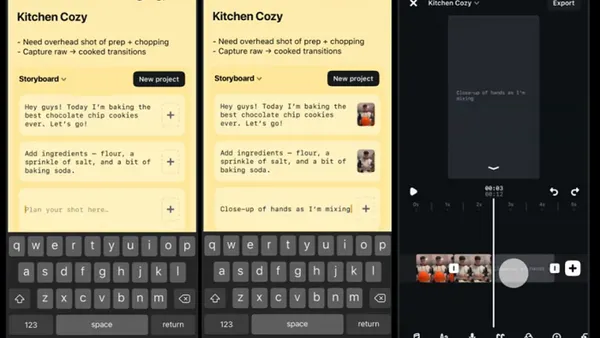I've heard every adjective from 'genius' to 'gimmicky' to describe social media's impact on the 21st-century modern world. "It's the greatest thing since sliced bread," some will tell you, as they check into Foursquare on their iPhone over a hot cup of coffee. To others, it's "just a fad," only useful for an occasional Facebook wall post to a family member or friend. And yet, businesses small and large are signing up for social media accounts by the hundreds of thousands, all to connect with their "fans" and "followers" (Read: potential customers). Clearly, there's a disconnect here. Some feel it's useless, but others see value. So the question is, what does this mean for do PR professionals? Is it necessary today for public relations practitioners to know why social media is important, and how to effectively use it?
I'm here to make the case for the "Yes" camp.

In an age where Facebook reigns supreme as the most-visited site on the Internet, having just reached half a billion users (No, really, as of a few days ago there are more than 500 million accounts, a good percentage of which are fan pages for businesses), I think you'd be wise as a PR/communications professional to study up on the field of social media. Sites like Twitter, Youtube and Digg are fast and easy ways to communicate with both your publics, as well as the media, in very personal ways. "What do you mean?", you might ask... Last year, for example, Pepsi decided to forgo all advertising in the Super Bowl, for the first time in 23 years. Instead, the soft-drink company invested $20M in the Pepsi Refresh Project, a social media-led campaign that matched consumer donations to fund philanthropic causes.

Pepsi encouraged their fans to participate, using their existing social media channels to guide their actions, and were rewarded for their efforts by a 200,000+ increase in Facebook Fans over a seven-day span, according to tallying website Clickz.com. This is an impressive figure, especially that choosing between spending on Super Bowl Ads and a social media campaign wouldn't have even been a decision five years ago; the $20M would have gone to TV ads, no question. But social media has begun to change the marketing and advertising industries, and so big bucks are being redirected to new places.
But Pepsi's just one example. Take Starbucks, for instance: In January 2010, the company had 5 million Facebook fans, an already monstrous number. In a mere six months, however, they've more than doubled that number, with 10 million-plus as I write this post. And these fans just don't click the "like" button when they're on Starbucks' Fan page; a good number of them go straight to the company's homepage and buy merchandise. Even if they don't, every time a person becomes a fan, that information gets broadcast to all of their friends via the news feed, and the cycle starts again. For businesses, effective social media usage can have a 'snowball effect', providing them a near endless supply of potential customers; a business tool, of sorts.
Clearly, social media is dominating businesses worldwide, but still, so many businesses get it wrong. Social media is directly influencing and changing the various fields of communications, from public relations to marketing and advertising. Now, more than ever, it's important to truly understand how and why it works.
There are lots of reasons why the social media campaigns of companies like Pepsi and Starbucks work so well, but perhaps the biggest is that have an excellent public relations team. How else can they double the number of fans in mere weeks?

Their public relations people understand that they must truly connect to customers using tools that happen to be sites their customers already know and love, crafting personal messages to fans (again read: potential customers). This isn't a difficult concept to grasp. Yes, it's a different one that the traditional direct marketing strategy that has worked for so many decades, but the idea is a relatively simple one: build relationships.
Clearly, PR professionals with consultant-level expertise in social media seem to be a hot commodity in today's professional world. In 2010, nearly every business owner seems to want a Facebook page, and it's not hard to see why. It shouldn't be hard to see why it's to your advantage as a communications professional to learn how to use Facebook, Twitter, Digg, and every other social networking website that you can.
What do you think? Agree? Disagree? Join the discussion and share your thoughts below.










